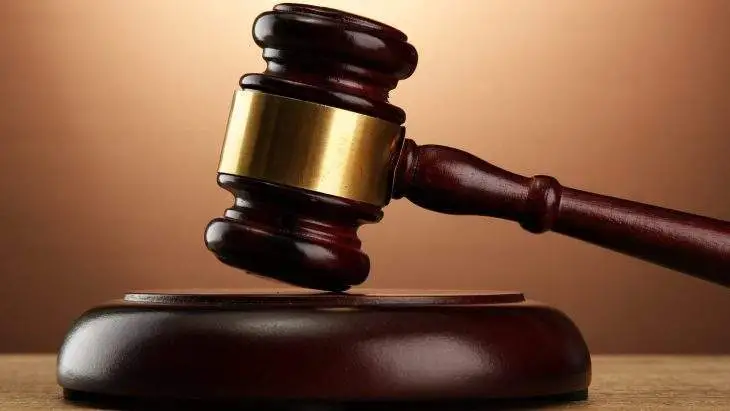Report reveals how journalists fall victim to trumped-up charges
By Samuel Kariuki, December 12, 2024A report has exposed how people in power are falsely incriminating journalists, human rights activists and whistle-blowers, to silence them from revealing corruption deals.
Trumped-up charges are framed as defamation cases to intimidate and punish individuals exposing corruption, abuse of power and other injustices.
The report by Mzalendo that christened the cases as Strategic Lawsuits Against Public Participation (SLAPPs) said female journalists face additional threats, including sexual violence.
It discloses how courts’ inconsistent jurisprudence and outdated defamation laws have emboldened the use of SLAPPs, thus undermining advocacy.
Losing careers
The study reached 105 respondents in 11 counties Nairobi, Homa Bay, Kajiado, Kilifi, Migori, Nakuru, Narok, Nyamira, Siaya, Uasin Gishu and Vihiga.
Among those who participated in the study were heads of correspondents, male and female journalists, male and female human rights defenders and media monitoring entities.
According to the report, victims of SLAPPs were sued multiple times by government officials, businesses or politicians with some affected journalists being on the verge of losing their careers in the newsroom.
“A content analysis conducted on X, using the words ‘gagged, media, activist, whistleblowers and defamation’ revealed a worrying trend of individuals targeted for fraud, corruption and negligence. In worst-case scenarios, they are arrested and victimised,” the report released by Mzalendo Trust said.
Nine in every 10 respondents said that the arrests were unjustified pointing to an infringement on constitutionally backed freedom of expression, human rights and media independence.
A separate report released by Mzalendo Trust revealed how Parliament disregarded public participation in the legislation process.
Public participation
The report said that there exists discrepancies between the period provided for citizen inputs for different bills, ranging between three days and twenty days in the National Assembly, and three days and twenty-four days in the Senate, depending on the bill in question and the responsible committees.
In what the report termed as a worrying trend, the bills that have been eliciting high citizen interest seem to attract the lowest public participation timelines.
“The Digital Health Bill, for example, had a public participation window of three days in the Senate, and the Social Health Insurance Bill had a public participation window of seven days in the National Assembly,” the report said.
Mzalendo’s Executive Director Caroline Gaita, said: “Public Participation, which is often rendered perfunctory by Parliament, continues to be a point of contestation between parliamentarians and wananchi. Notably, the courts’ pronouncements on the need for robust and meaningful public participation, have been met with hostility by some MPs, reflecting elected leaders’ disregard for the rule of law.
More Articles

